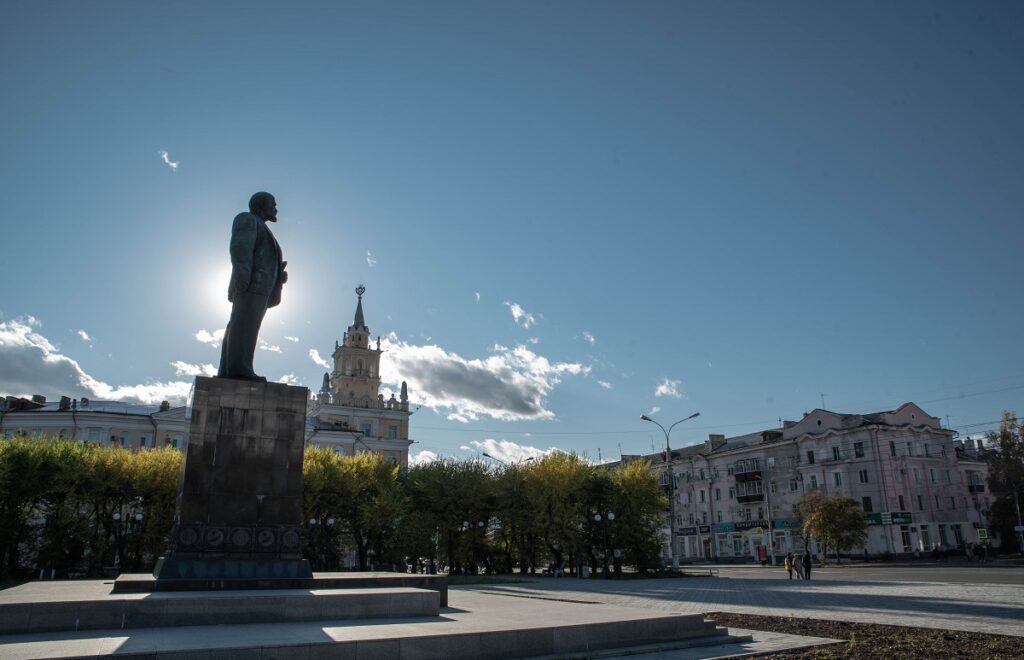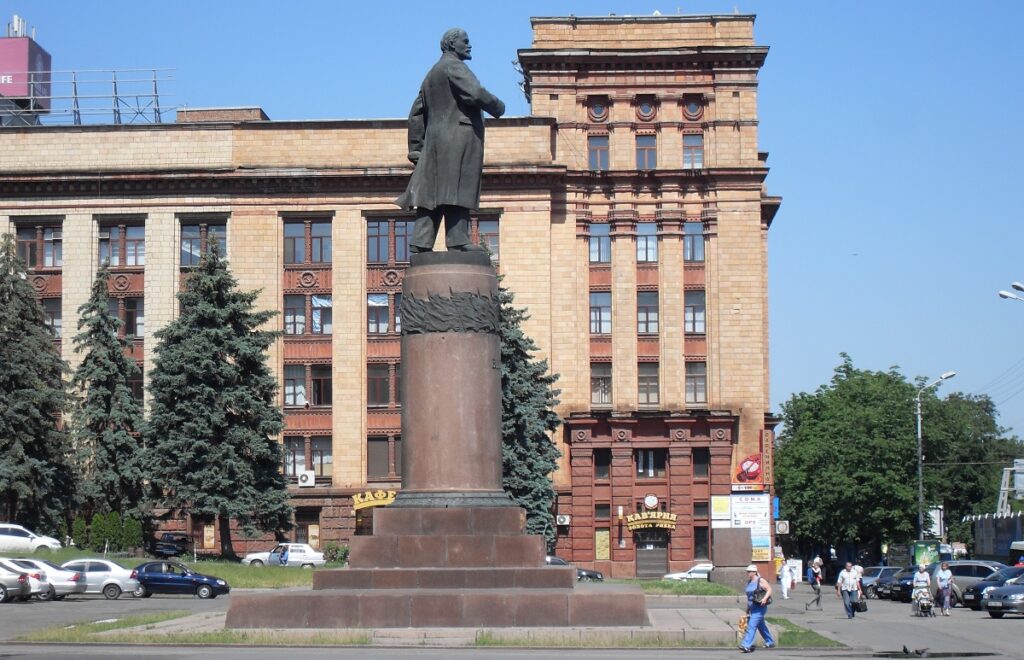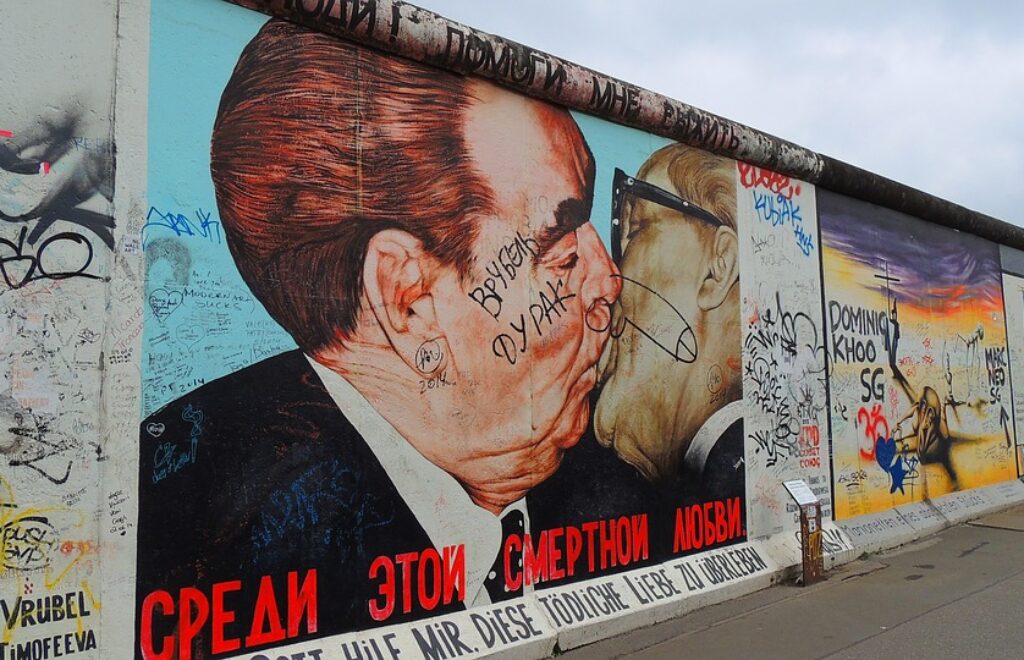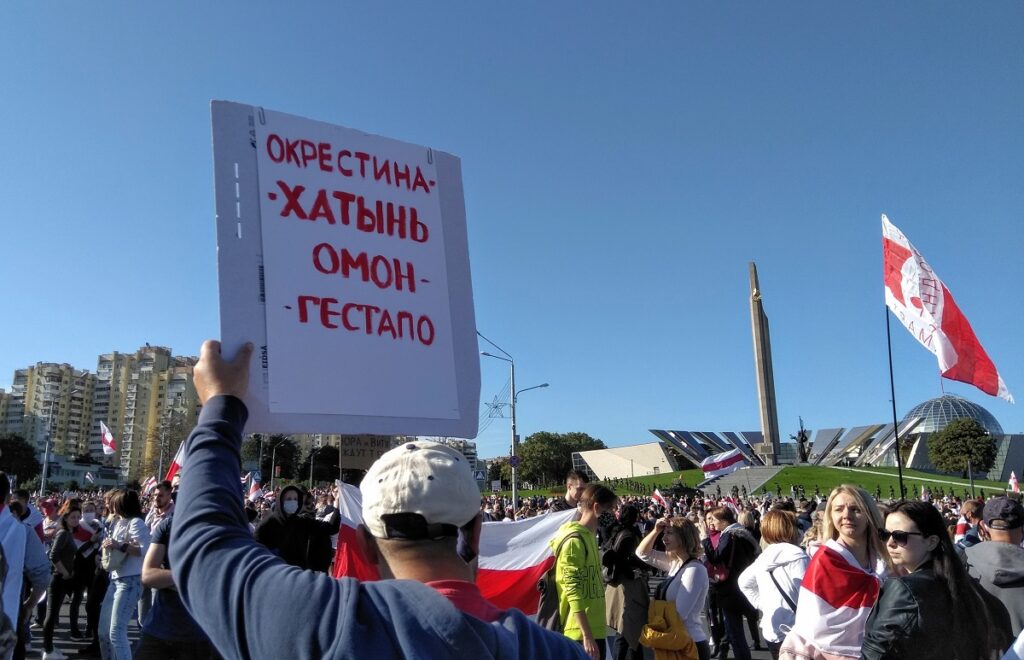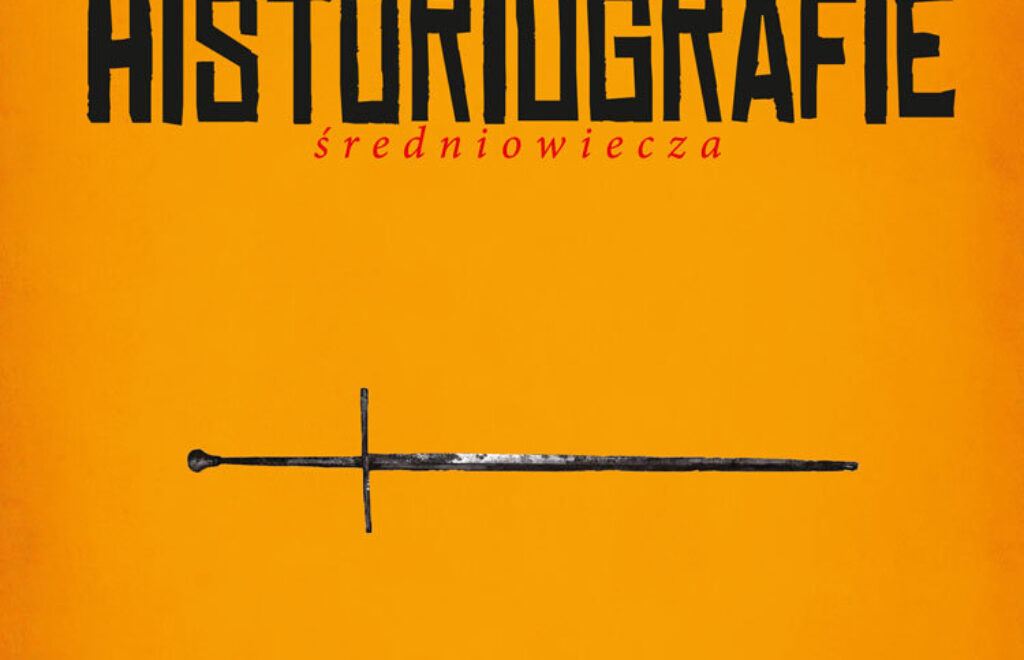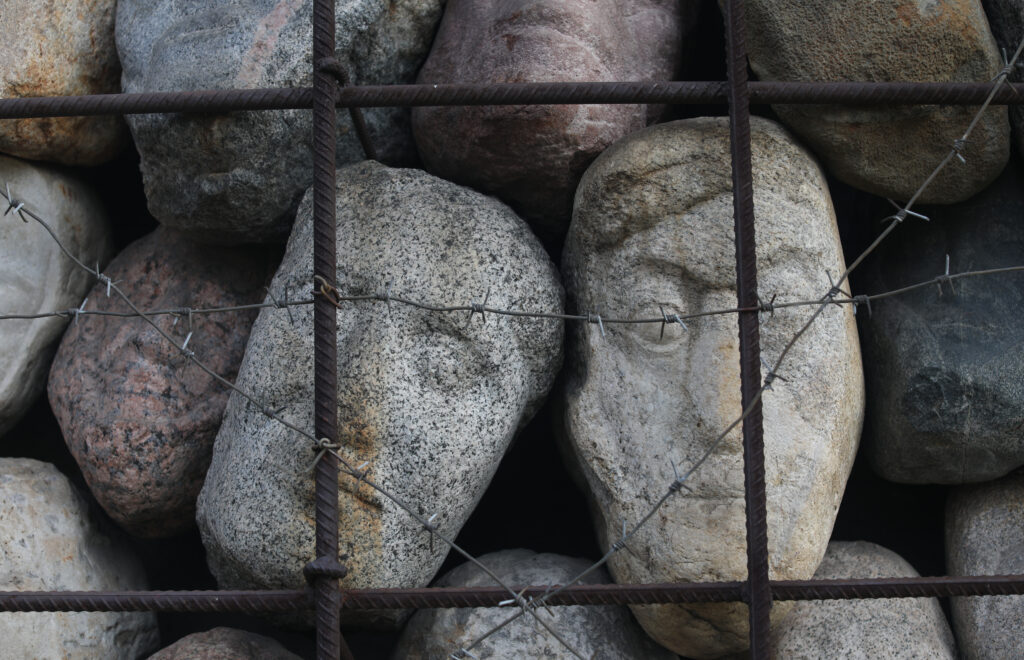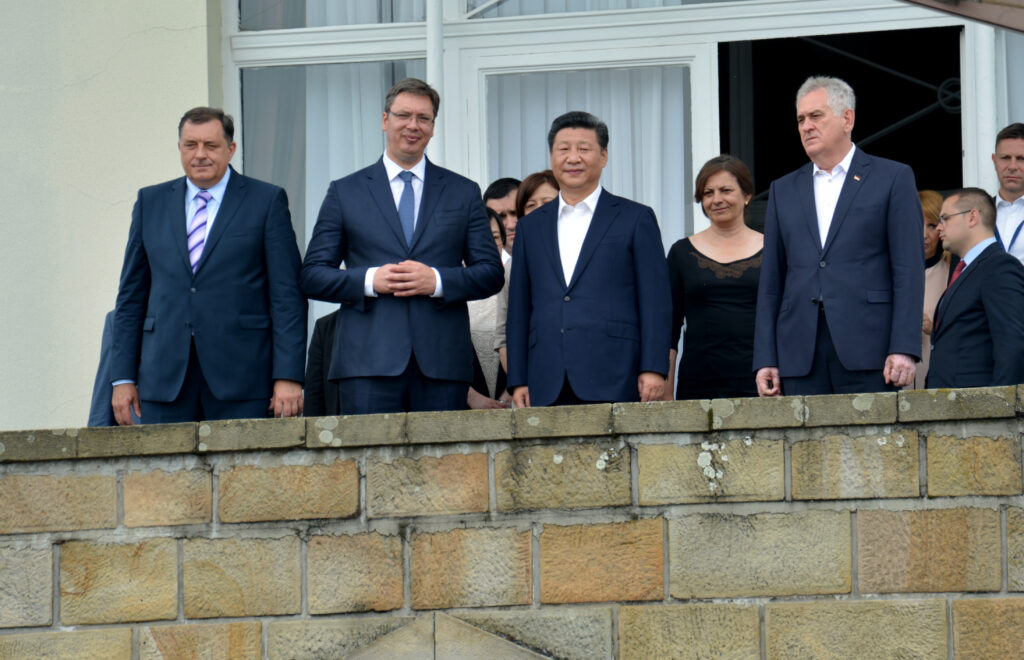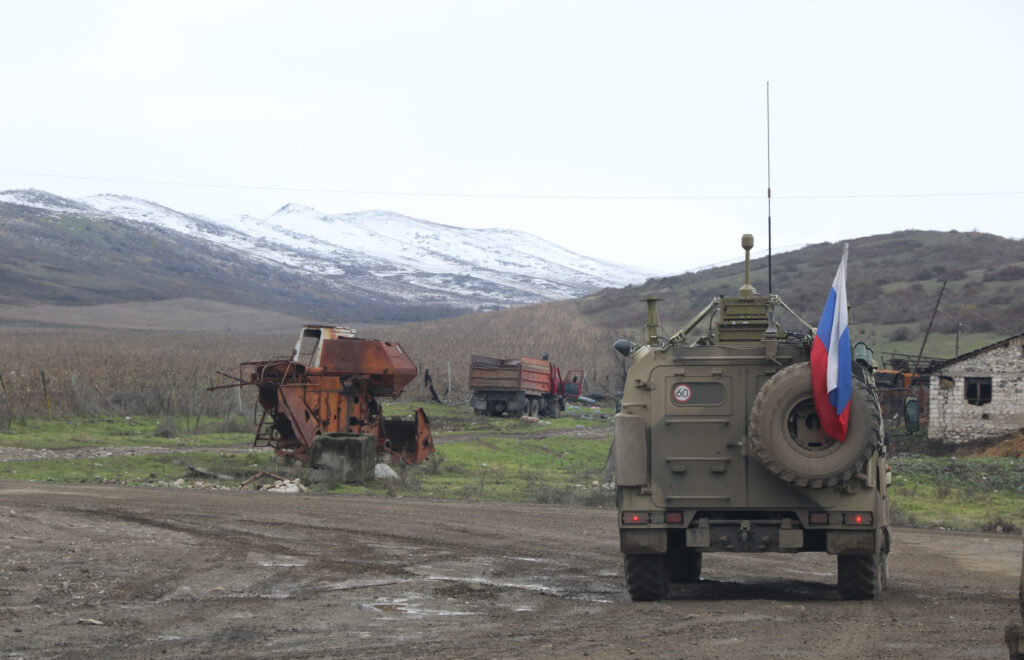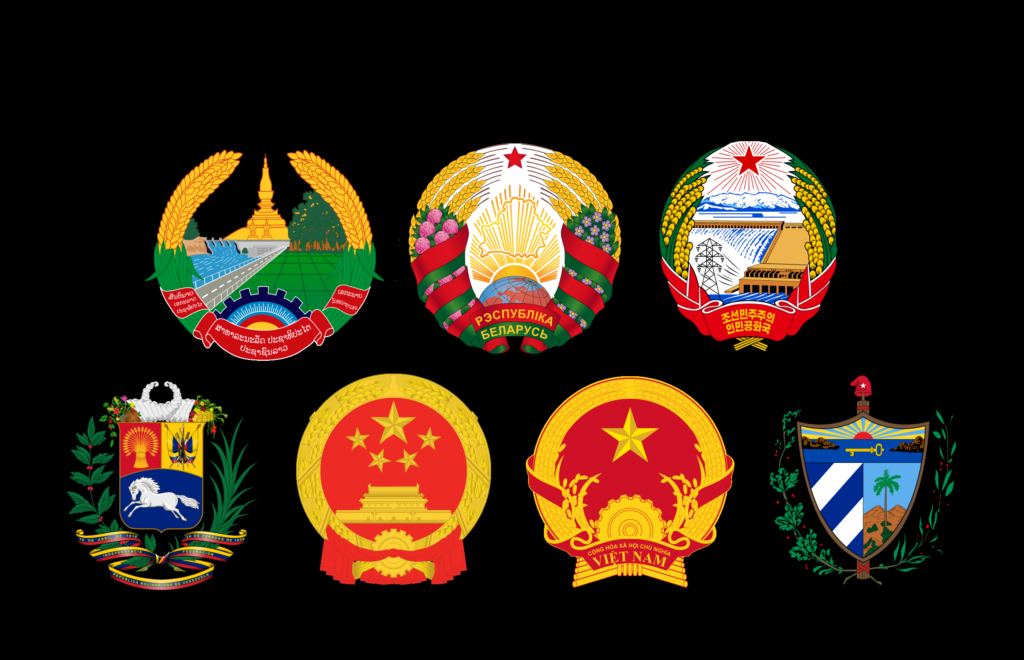Russia’s young generation and the Soviet myth
September 2021 was marked by the elections to the State Duma in Russia. Of the 14 parties on the ballot, only five actually overcame the minimum five per cent threshold to gain representation in parliament. The country’s traditional “party of power” United Russia (UR) scored a record low of 49.82 per cent. Previously, the party had easily gained more than half of the votes and was for a long time the only party in a position to independently push through new bills in the Duma. Despite this recent shift, it does not seem like the situation has changed a lot in Russian politics. UR still achieved a greater number of votes than any other party and, consequently, the most seats in the Duma.
December 1, 2021 - Victoria Odissonova


